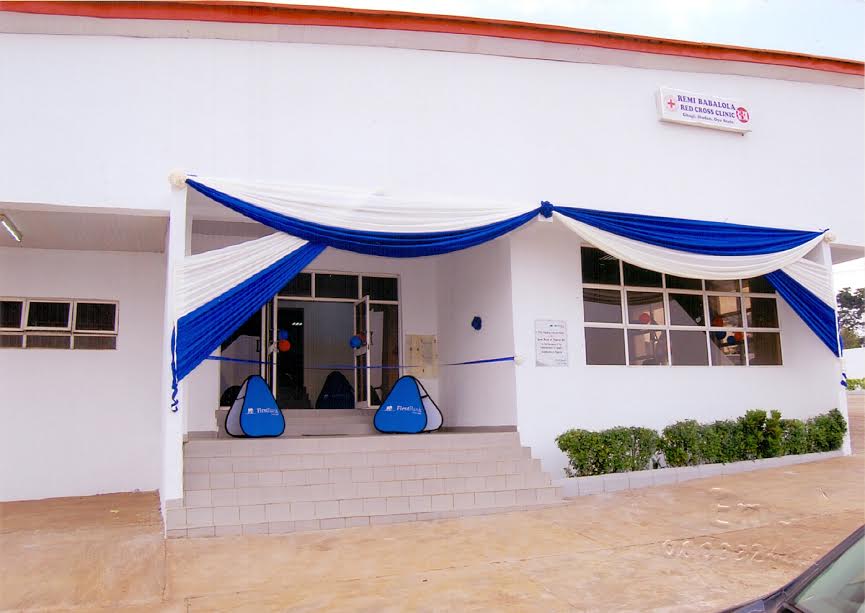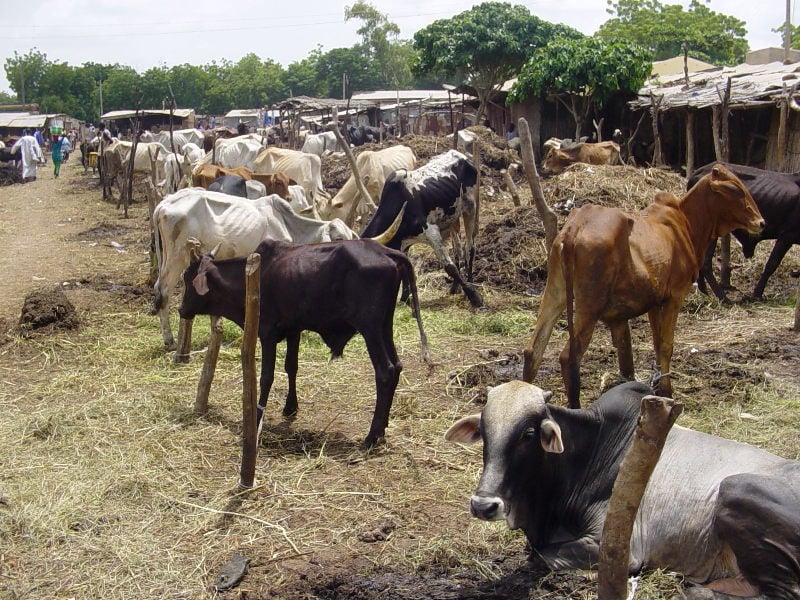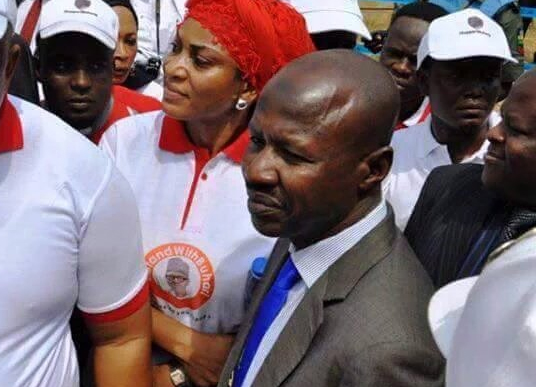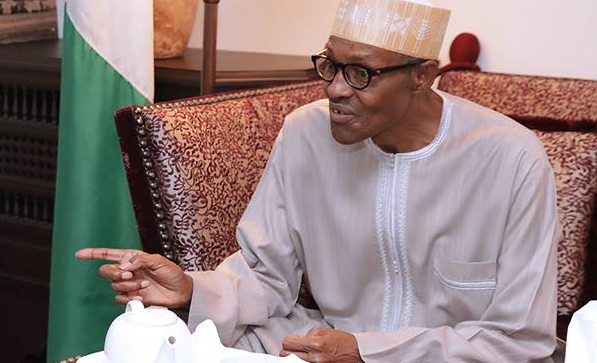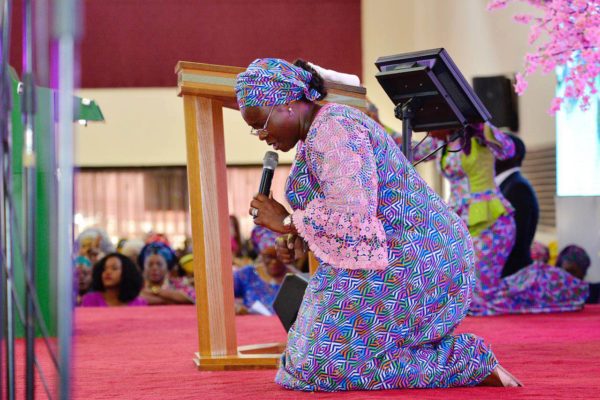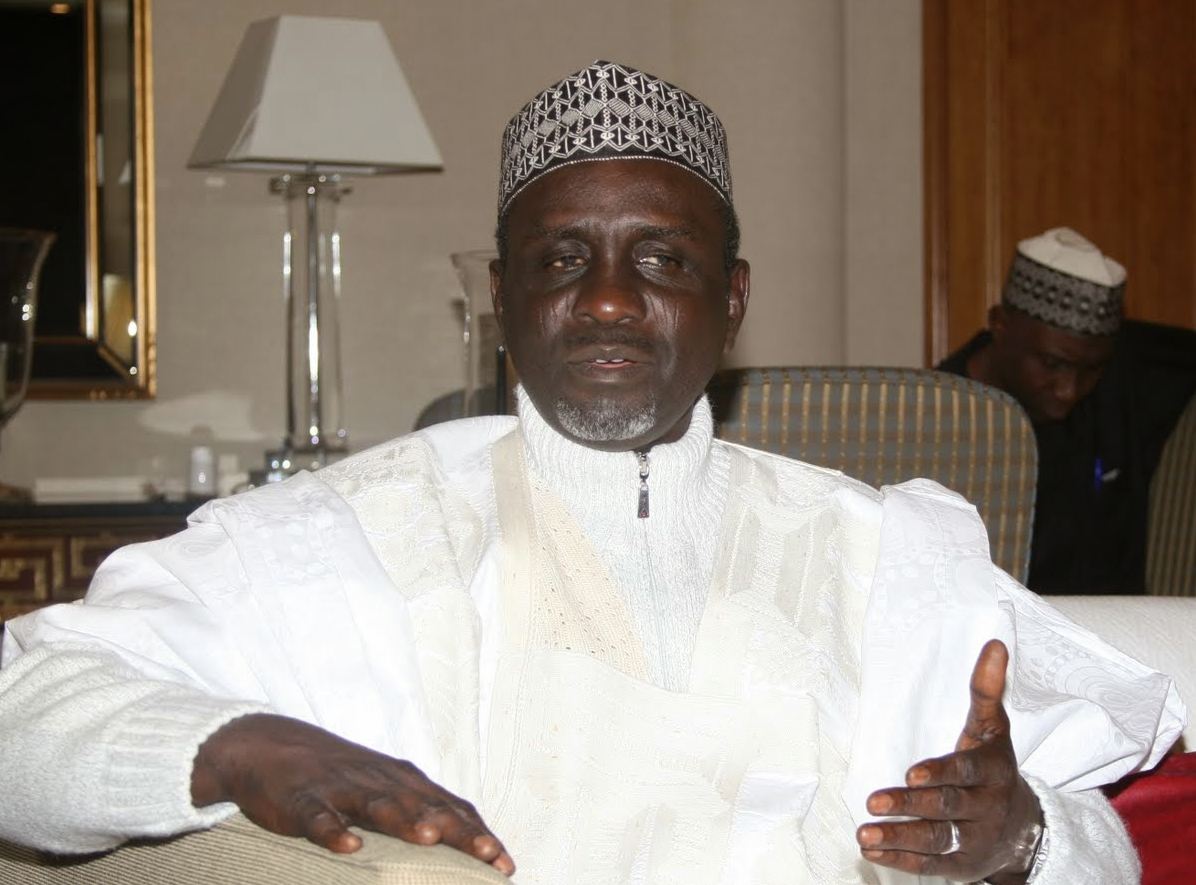BY DARE ADEKANMBI
Even though it has enormous potentialities in human resource and other spheres to take the lead at least in Africa, Nigeria’s health indicators do not rank among the best. Skilled medical workers who ought to help salvage the situation have been brain-drained to countries on whose priority lists the health of their citizens comes first.
In its 2015 report on Nigeria, the World Health Organisation (WHO) put life expectancy at 53 for male and 56 for female. Three hundred and fifty seven male citizens and three hundred and twenty five females out of every 1, 000 Nigerians have a very high probability of dying between ages 15 and 60.
The total government expenditure on health per capital is put at $217 (N70, 525 at N325 exchange rate of naira to a USD). While the WHO stipulates 1:600 as the standard doctor-citizens ratio, Nigeria boasts only of 35, 000 doctors who are working in the country — a figure that shows that a doctor services approximately 5, 143 Nigerians.
Advertisement
Consequently, provision of healthcare services has been a major challenge in the country, while the citizens, particularly the poor, continue to sing songs of lamentation.
But should the lamentation endure while the unsavoury situation continues to take its toll on the health of the citizens? Dr Remi Babalola, who was Minister of State for Finance between July 2007 and August 2010, believes rather than lamenting, public-spirited Nigerians ought to come on board to provide meaningful interventions in the area of healthcare services to complement what government is doing in the health sector. This disposition informed the birth of a well-equipped private medical facility named Remi Babalola Red Cross Medical Centre located in Gbagi, Ibadan, Oyo State.
Babalola, as a member of the Federal Executive Council then, was appointed a volunteer of the Nigerian Red Cross Society (NRSC) in 2008 by a delegation of the society led by its former president and incumbent governor of Imo State, Rochas Okorocha. The purpose of the appointment was for Babalola to deploy his social influence to mobilise support for the establishment of a first-class medical facility devoted to providing for the healthcare needs of less endowed Nigerians.
Advertisement
Before his ministerial appointment and engagement by the Red Cross, Babalola had been reaching out to the needy through his non-governmental organisation named Remi Babalola Initiative (RBI) in the areas of education, health and poverty reduction.
Moved by the need to save lives, the former Minister, in 2009, swiftly used the RBI platform to mobilise funds for the establishment of the medical facility in partnership with Red Cross and other well- meaning Nigerians. On November 17, 2012, the facility was inaugurated by a former Minister of Health, Professor Onyebuchi Chukwu.
The construction of the hospital was done solely by First Bank of Nigeria as a corporate social responsibility through the influence of Babalola, who served as an Executive Director of the bank before his ministerial appointment. It sits on a relatively expansive land provided by the Oyo State government during the immediate past administration. The facility boasts of a modern theatre ward, medical laboratory and multiple patient wards.
The centre was purposely sited along Ibadan-Ife Highway and a few metres to the well-known Gbagi market as well as the National Union of Road Transport Workers (NURTW) motor park. The choice of the location is in tandem with the initial conception that the facility would serve as a clinic where accident causalities can get first aid medical intervention and also give low- income earners access quality medicare.
Advertisement
Four years after the widely praised facility was put in place, newsmen visited the centre to know what has kept it going. Dr Abraham Anejukwo, an orthopedic surgeon from the University College Hospital (UCH), Ibadan, is the consultant in charge of the centre. He told newsmen how it has been since clinical activities began in December 2012.
“At the commencement of activities, it was discovered that beside road accident, there were some clinical conditions that need to be cared for among the people living in the community where the facility is located. So, it was decided that the scope of clinical services be expanded. Initially, we started with general patient/trauma care, but immunisation facility, physiotherapy and dental services have since been added and of course there is a laboratory and a pharmacy in the centre,” he said.
“The patient turn out is tremendous. At a point, the UCH medical personnel manning the centre were complaining because the load they get is more than what they get in a clinic of that size in UCH. Now that things have stabilised, we get at least 80 new patients every day and there was a time it went up to about 120. In four years, over 20,000 people have received quality and subsidised medicare at the centre on a not-for-profit basis.
“The centre provides quality and affordable healthcare services to the people. Patients that don’t want to go to UCH go to Remi Babalola Medical Centre because they get the standard of UCH at the centre and without the bureaucracy and the delays [in government hospitals]. The patients don’t pay for their case notes, registration or consultation, which is a lot of relief for the people in the community when you consider their status as artisans with very low income. The drugs at the centre are sold at cheaper prices than market prices and for laboratory services, it is half the price at the centre.
Advertisement
“When we started, we thought we would only cater for low income people. But we get to see patients from all social classes, upper and middle class people, of course predominantly more of people from low income group from Adegbayi, Gbagi, Egbeda, Old Ife Road and many more. The funny thing is that apart from these areas which are close to the centre, we have patients coming from as far as Apata and Bodija. I asked them how they knew about the centre and they said people mentioned it to them and they were told it is UCH standard and that everything is done fast. We see bankers and others coming too.”
Dr Anejukwo, who advocated the replication of such intervention not only across the state but all over the country, said the tertiary health institutions were being burdened with medical conditions that ordinarily should be handled by primary and secondary health institutions rather than complicated health conditions for which they were set up. He traced this to a dysfunction of the primary healthcare system in the country.
Advertisement
“Simple medical conditions should be managed at centres like the one set up by Dr Babalola which is a little bit above primary healthcare facility because there are specialists from UCH who run the place and the facilities there are more than what you get in a typical primary healthcare centre.
“I have told Dr Babalola personally that he should not give up, even if this partnership with the Red Cross is challenged. A lot of people have benefitted tremendously from the initiative. Even if public-spirited Nigerians don’t want to set up centres like Dr Babalola did, they can adopt those already in existence and work to make them functional and accessible to the masses.
Advertisement
The initiator of the centre told newsmen how the four-year journey has been. “It has been a very good journey. It made me realise that the best and the most beautiful things in the world are things that touch the heart. When we started it, we were not sure how much impact it was going to have. If you go to UCH website today, you will see that is the only PPP they have on their website and it has been described by the UCH as a landmark in terms of partnership.
“So, I am very impressed about the role the centre has played in reducing the dilapidation in healthcare provision, especially in that area of Ibadan. The interesting thing is not just the number of patients it has attended to but the way that it has been expanded in terms of medical facilities far beyond a clinic for emergency intervention, but which later went beyond that.
Advertisement
“Initially we thought the Red Cross Society was going to be able to anchor it. But we discovered that they didn’t have any structure in place and that was why I had to appeal to UCH to support us. UCH has been so wonderful and extremely supportive. I was in Ibadan one day and the market women swarmed around me started praying for us. They told us all the ailments that they used to think came as a result of spiritual attack from colleagues got treated at the centre. They didn’t know the diseases were curable. Money can’t buy this. So, it has been really very rewarding in terms of humanitarian service.”
What is the role of the Red Cross in the tripartite partnership, newsmen asked Babalola. “To be honest with you, that is the reason why we are going to hand over to Red Cross by the end of the year,” he answered
“When I got involved, I raised the money and I thought Red Cross had the platform and the structure to handle it. But after I had raised the money, I realised that Red Cross didn’t have structure to handle it. They said they were going to look for volunteer doctors and personnel to do it. But we realised that was not going to work. So, instead of allowing it to fail, we changed the modality and made it a tripartite arrangement by involving the UCH.
“Now that we have operated it for four years successfully and Red Cross has seen how it is run, we are going to hand over to them to take over from where we stopped. I have even suggested that they should remove my name from the hospital. Periodically, we gave account to people who supported us highlighting inflows, outflows and patients attended to. The tripartite agreement is going to be extinguished at the end of this year and I am not sure the UCH will be involved. It is now left for the Red Cross to see whether they will sign a new agreement with the UCH or not.”
We asked him if it was the economic recession that informed the handover. Responding, Babalola said, “certainly not”.
“The centre has been self-financing from commencement as the funds raised were placed with banks like endowments and it is only the accrued interest that is used to fund the centre; so it will continue in perpetuity”, Babalola said.
Mrs Funmi Alebiosu, a nursing mother who uses the hospital, said the initiative was the best thing that happened in the community in the last four years. The woman, who spoke in Yoruba language, said many people would have died from avoidable deaths under the blade of quacks that have flooded the heath sector because of the acute shortage of skilled personnel.
“There is the case of a woman who had suffered misdiagnosis at the hands of a local doctor. It was when the woman was brought to Remi Babalola Hospital that it was revealed that she would have died if her relatives had not brought her to the hospital. We are grateful to Dr Babalola for this lofty initiative and urge other rich Nigerians to emulate his example,” she said.
Alhaji Wasiu Shittu is an official of the NURTW Abuja Unit, Gbagi. He spoke with newsmen about how beneficial the hospital has been to members of the union and the public at large. “A lot of people in the community have benefitted tremendously from the hospital. People from Gbagi, Alakia, Adegbayi, and Isebo come to the hospital. I have their card which I got free of charge and I know many of our members who also have the cards.
“We receive treatment from the hospital every month for free. To see the doctor is free, no consultation fee is charged. The only thing we pay for is drugs and we get them for half the price. If the ailment is malaria, we get free malaria drugs at no cost. And the speed with which the personnel attend to patients is very commendable. What Remi Babalola has done for the community is unquantifiable. May Allah continue to bless him.
“There are many government primary healthcare centres around, but what distinguishes the hospital from others and what makes it the choice of many is that it is on par with the UCH in terms of quality healthcare.
Views expressed by contributors are strictly personal and not of TheCable.
Add a comment
